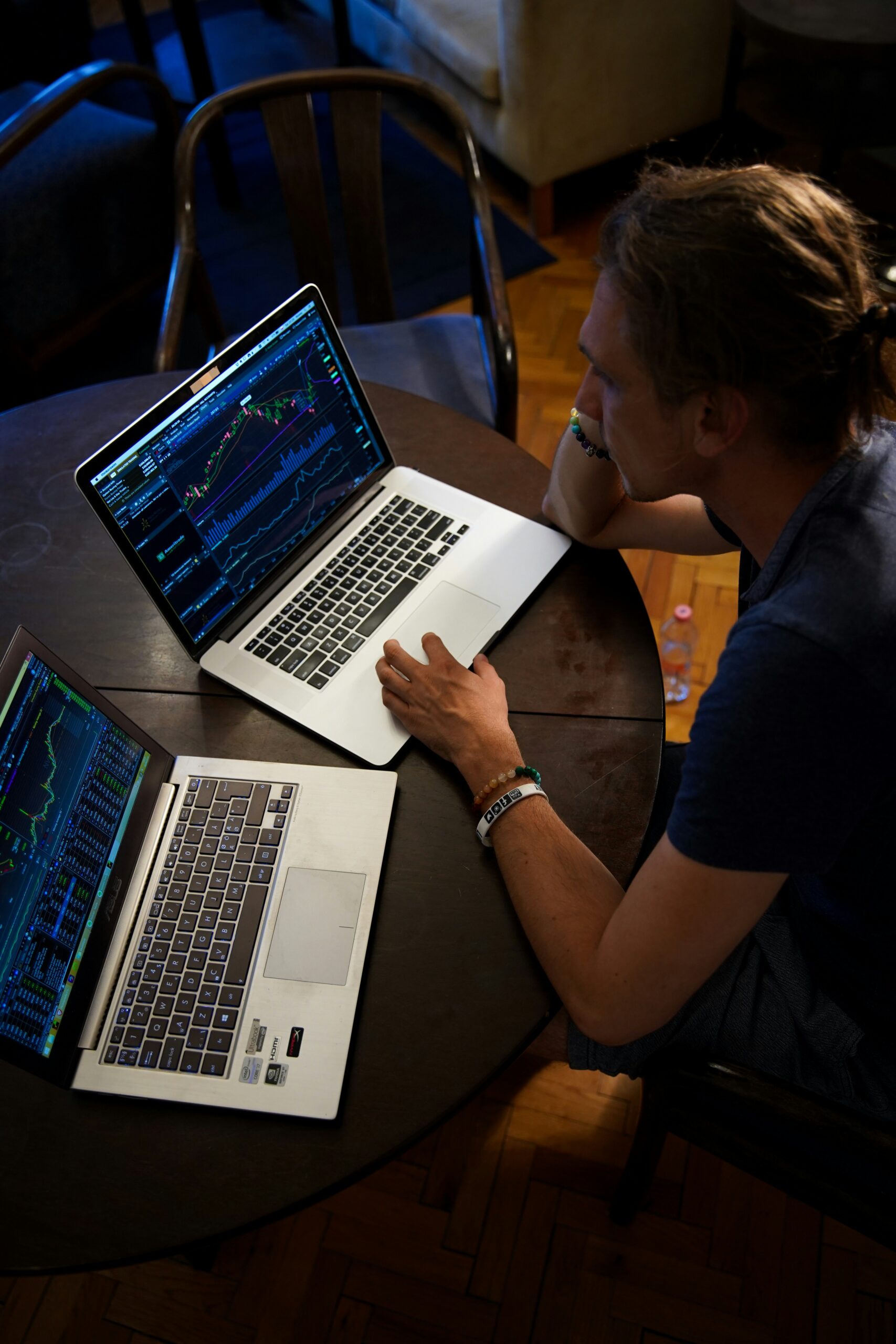Trading in the forex market isn’t just about understanding charts and numbers. The biggest challenge you’ll face as a trader is actually yourself. Yes, you read that right – your own mind can be your worst enemy when it comes to trading success.
Why Your Emotions Matter in Trading
As humans, we’re naturally emotional beings. We want to feel good about ourselves, prove we’re smart, and survive. These feelings are normal, but in trading, they can lead us to make poor decisions that cost us money.
The good news? You don’t need to become a robot to be successful. You just need to understand yourself better and learn to control your emotions.
The Four Mental Traps That Hurt Traders
Let’s look at four common psychological problems that can destroy your trading results:
1. Being Too Confident (Overconfidence Bias)
What it is: Thinking you’ve got trading all figured out and money is easy to make.
Why it’s dangerous: When you’re overconfident, you might:
- Trade too often
- Risk too much money on one trade
- Jump back into trades you just lost without thinking
How to spot it in yourself: Ask yourself:
- “Have I ever immediately re-entered a trade I just lost, not because I saw a new opportunity, but because I couldn’t believe I was wrong?”
- “Have I ever risked more money than usual because I was ‘sure’ this trade would win?”
How to fix it: Create strict rules for yourself:
- Limit how many trades you’ll have open at once
- Set a maximum amount you’ll risk per trade
- Decide how much you can lose before taking a break
2. Getting Stuck in the Past (Anchoring Bias)
What it is: Believing that what’s happening now will continue forever.
Why it’s dangerous: You might keep trading based on old trends that have already ended, losing money with each trade because you’re fighting against the new direction.
How to spot it: Ask yourself: “Have I ever lost money because I couldn’t accept that a trend had changed?”
How to fix it:
- Look at different time frames on your charts
- Check both short-term and long-term trends
- Keep an open mind about market changes
3. Only Seeing What You Want to See (Confirmation Bias)
What it is: Looking only for information that supports what you already believe.
Why it’s dangerous: You’ll miss important warning signs that could save you from losses. You become blind to facts that don’t match your opinion.
How to spot it: Ask yourself: “How often do I look for signs that I might be wrong?” If your answer is “rarely” or “never,” you have this problem.
How to fix it:
- Talk to other traders who might disagree with you
- Actively look for information that challenges your views
- Keep an open mind – sometimes changing your opinion saves money
4. Fearing Losses Too Much (Loss Aversion Bias)
What it is: The pain of losing $1,000 feels much worse than the joy of winning $1,000.
Why it’s dangerous: You’ll hold onto losing trades too long, hoping they’ll turn around. This keeps you stuck in bad positions and prevents you from finding better opportunities.
How to spot it: Ask yourself: “Have I ever held onto a losing trade longer than I should have, hoping it would turn around?”
How to fix it: Always use stop-loss orders. Don’t rely on “mental stops” – actually set the order in your trading platform. This removes emotion from the decision.
The Bottom Line
Trading psychology isn’t about becoming emotionless. It’s about understanding your natural human tendencies and creating systems to protect yourself from them.
Remember:
- Set clear rules and stick to them
- Use stop-losses on every trade
- Talk to other traders for different perspectives
- Look at multiple time frames
- Accept that losses are part of trading
Your emotions aren’t your enemy – they’re just something you need to manage. With the right approach, you can turn your biggest challenge into your greatest strength.
Start today: Pick one of these four biases that sounds most like you, and create a specific rule to help you overcome it. Your future trading success depends on mastering your mind, not just the markets.
Read more about trading wisdom by David paul.
The information provided in this content is for educational and informational purposes only
